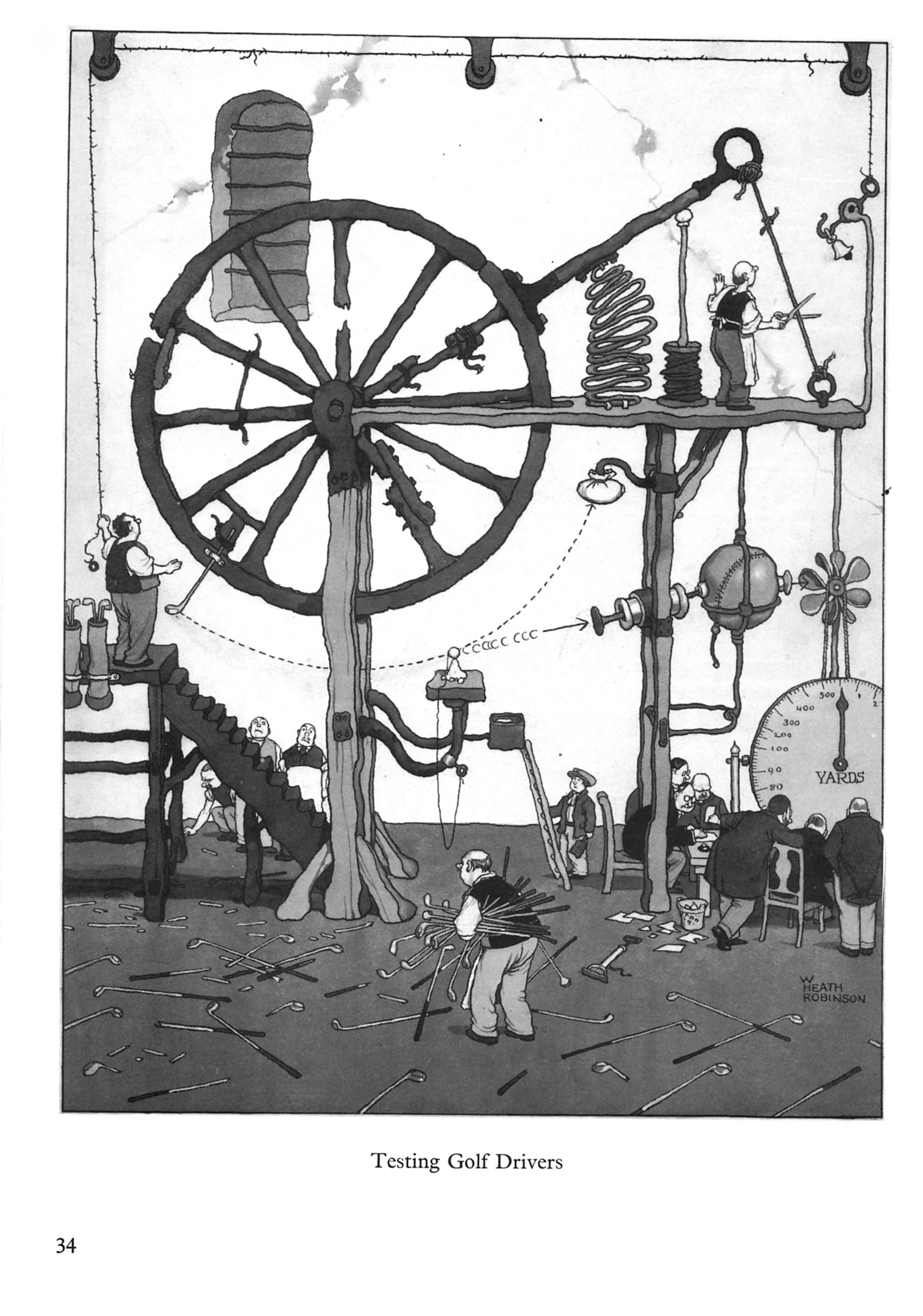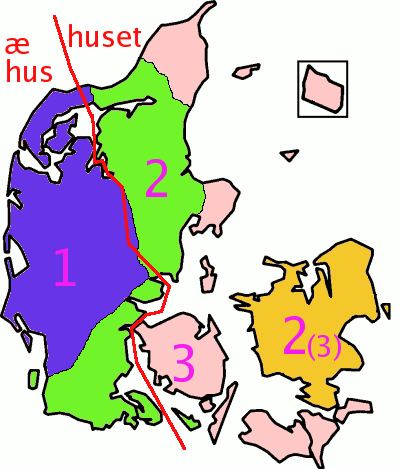|
Kludge
A kludge or kluge () is a workaround or makeshift solution that is clumsy, inelegant, inefficient, difficult to extend, and hard to maintain. This term is used in diverse fields such as computer science, aerospace engineering, Internet slang, evolutionary neuroscience, animation and government. It is similar in meaning to the naval term '' jury rig''. Etymology The word has alternate spellings ('' kludge'' and '' kluge''), pronunciations ( and , rhyming with ''judge'' and ''stooge'', respectively), and several proposed etymologies. Jackson W. Granholm The ''Oxford English Dictionary'' (2nd ed., 1989), cites Jackson W. Granholm's 1962 "How to Design a Kludge" article in the American computer magazine ''Datamation''. ''OED'' defines these two ''kludge'' cognates as: ''bodge'' 'to patch or mend clumsily' and ''fudge'' 'to fit together or adjust in a clumsy, makeshift, or dishonest manner'. The ''OED'' entry also includes the verb ''kludge'' ('to improvise with a kludge o ... [...More Info...] [...Related Items...] OR: [Wikipedia] [Google] [Baidu] |
Jury Rig
In maritime transport and sailing, jury rigging or jury-rigging is making temporary makeshift running repairs with only the tools and materials on board. It originates from sail-powered boats and ships. Jury-rigging can be applied to any part of a ship; be it its super-structure (Hull (watercraft), hull, Deck (ship), decks), Marine propulsion, propulsion systems (Mast (sailing), mast, Sail components, sails, Standing rigging, rigging, Marine engine, engine, Transmission (mechanics), transmission, propeller), or controls (Ship's wheel, helm, rudder, centreboard, daggerboards, Running rigging, rigging). Similarly, a jury mast is a replacement Mast (sailing), mast after a dismasting. If necessary, a Yard (sailing), yard would also be fashioned and Stays (nautical), stayed to allow a watercraft to resume making Way (vessel), way. Rigging A Sailboat, sail-powered boat may carry a limited amount of repair materials, from which some form of jury-rig can be fashioned. Additionally, an ... [...More Info...] [...Related Items...] OR: [Wikipedia] [Google] [Baidu] |
Kluge
Kluge (, ) is a German-derived surname. In German, capitalizing, and adding a final to, the adjective (meaning "clever"), creates a noun meaning "clever one". Although the adjective is a feminine form, the noun can be feminine, neuter or masculine. Those bearing it include: * Alexander Kluge (born 1932) – German film director and author * Alexandra Kluge (1937–2017) – German actor * Arnold G. Kluge (retired 2003) – American zoologist and herpetologist * Eike-Henner Kluge – Canadian German ethicist * Ewald Kluge (19 January 1909 – 19 August 1964) German motorcyclist * Friedrich Kluge (1856–1926) – German linguist * Günther von Kluge (1882–1944) – German field marshal * H. Jürgen Kluge (born 1941) – German physicist * John Werner Kluge (1914–2010) – German-American media entrepreneur and philanthropist * P. F. Kluge (born 1942) – German-American author * Peer Kluge (born 1980) – German footballer * Roger Kluge – German racing cyclist * ... [...More Info...] [...Related Items...] OR: [Wikipedia] [Google] [Baidu] |
Workaround
A workaround is a bypass of a recognized problem or limitation in a system or policy. A workaround is typically a temporary fix that implies that a genuine solution to the problem is needed. But workarounds are frequently as creative as true solutions, involving outside the box thinking in their creation. Typically they are considered brittle in that they will not respond well to further pressure from a system beyond the original design. In implementing a workaround it is important to flag the change so as to later implement a proper solution. Placing pressure on a workaround may result in later system failures. For example, in computer programming workarounds are often used to address a problem or anti-pattern in a library, such as an incorrect return value. When the library is changed, the workaround may break the overall program functionality, effectively becoming an anti-pattern, since it may expect the older, wrong behaviour from the library. Workarounds can also be a us ... [...More Info...] [...Related Items...] OR: [Wikipedia] [Google] [Baidu] |
Rube Goldberg
Reuben Garrett Lucius Goldberg (July 4, 1883 – December 7, 1970), better known as Rube Goldberg (), was an American cartoonist, sculptor, author, engineer, and inventor. Goldberg is best known for his popular cartoons depicting complicated gadgets performing simple tasks in indirect, convoluted ways. The cartoons led to the expression "Rube Goldberg machines" to describe similar gadgets and processes. Goldberg received many honors in his lifetime, including a Pulitzer Prize for political cartooning in 1948, the National Cartoonists Society's Gold T-Square Award in 1955, and the Banshees' Silver Lady Award in 1959. He was a founding member and first president of the National Cartoonists Society, which hosts the annual Reuben Award, honoring the top cartoonist of the year and named after Goldberg, who won the award in 1967. He is the inspiration for international competitions known as Rube Goldberg Machine Contests, which challenge participants to create a complicated machine ... [...More Info...] [...Related Items...] OR: [Wikipedia] [Google] [Baidu] |
Eric S
The given name Eric, Erich, Erikk, Erik, Erick, Eirik, or Eiríkur is derived from the Old Norse name ''Eiríkr'' (or ''Eríkr'' in Old East Norse due to monophthongization). The first element, ''ei-'' may be derived from the older Proto-Norse ''* aina(z)'', meaning "one, alone, unique", ''as in the form'' ''Æ∆inrikr'' explicitly, but it could also be from ''* aiwa(z)'' "everlasting, eternity", as in the Gothic form '' Euric''. The second element ''- ríkr'' stems either from Proto-Germanic ''* ríks'' "king, ruler" (cf. Gothic ''reiks'') or the therefrom derived ''* ríkijaz'' "kingly, powerful, rich, prince"; from the common Proto-Indo-European root * h₃rḗǵs. The name is thus usually taken to mean "sole ruler, autocrat" or "eternal ruler, ever powerful". ''Eric'' used in the sense of a proper noun meaning "one ruler" may be the origin of '' Eriksgata'', and if so it would have meant "one ruler's journey". The tour was the medieval Swedish king's journey, when newly ... [...More Info...] [...Related Items...] OR: [Wikipedia] [Google] [Baidu] |
Heath Robinson
William Heath Robinson (31 May 1872 – 13 September 1944) was an English cartoonist, illustrator and artist who drew whimsically elaborate machines to achieve simple objectives. The earliest citation in the ''Oxford English Dictionary'' for the use of "Heath Robinson" as a noun describing any unnecessarily complex and implausible contrivance is from 1917. The phrase "Heath Robinson contraption" perhaps most commonly describes temporary fixes using ingenuity and whatever is to hand, often string and tape, or unlikely cannibalisations. Its continuing popularity was likely linked to United Kingdom home front during World War II, Britain's shortages during the Second World War and the need to Make-Do and Mend, "make do and mend". Early life William Heath Robinson was born in Hornsey Rise, London, on 31 May 1872 into a family of artists in Stroud Green, Finsbury Park, North London. His grandfather Thomas, his father Thomas Robinson (1838–1902) and brothers Thomas Heath Rob ... [...More Info...] [...Related Items...] OR: [Wikipedia] [Google] [Baidu] |
Jutlandic Dialect
Jutlandic, or Jutish (Danish: ''jysk''; ), is the western variety of Danish, spoken on the peninsula of Jutland in Denmark. Generally, Jutlandic can be divided into two different dialects: general or Northern Jutlandic (; further divided into western and eastern) and Southern Jutlandic (). However, the linguistic variation is considerably more complicated and well over 20 separate isoglosses exist throughout Jutland. There are major phonological differences between the dialects, but also very noteworthy morphological, syntactic, and semantic variations. Subdialects The different subdialects of Jutlandic differ somewhat from each other, and are generally grouped in three main dialects, where two of them are sometimes considered together. (South Jutlandic) is often seen as very difficult for other speakers of Danish, even other Jutlandic dialects to understand. Instead of the normal Danish , it has tonal accents like Swedish. Many of the phonemes are also different, including ... [...More Info...] [...Related Items...] OR: [Wikipedia] [Google] [Baidu] |
Worcester Polytechnic Institute
The Worcester Polytechnic Institute (WPI) is a Private university, private research university in Worcester, Massachusetts, United States. Founded in 1865, WPI was one of the United States' first engineering and technology universities and now has 14 academic departments with over 50 bachelor's, master's, and Ph.D. degree programs. It is Carnegie Classification of Institutions of Higher Education, classified among "R1: Doctoral Universities – Very high research activity". History Worcester Polytechnic Institute was founded by self-made tinware manufacturer, John Boynton (Worcester Polytechnic Institute), John Boynton, and Ichabod Washburn, owner of the world's largest wire mill. Boynton envisioned science schooling that would elevate the social position of the mechanic and manufacturer, but not necessarily teach the skills needed to become either. Washburn, on the other hand, wanted to teach technical skills through a sophisticated apprenticeship approach. Boynton consulted ... [...More Info...] [...Related Items...] OR: [Wikipedia] [Google] [Baidu] |
Glossary
A glossary (from , ''glossa''; language, speech, wording), also known as a vocabulary or clavis, is an alphabetical list of Term (language), terms in a particular domain of knowledge with the definitions for those terms. Traditionally, a glossary appears at the end of a book and includes terms within that book that are either newly introduced, uncommon, or specialized. While glossaries are most commonly associated with non-fiction books, in some cases, fiction novels sometimes include a glossary for unfamiliar terms. A bilingual glossary is a list of terms in one language defined in a second language or Gloss (annotation), glossed by synonyms (or at least near-synonyms) in another language. In a general sense, a glossary contains explanations of concepts relevant to a certain field of study or action. In this sense, the term is related to the notion of ontology. Automatic methods have been also provided that transform a glossary into an ontology or a computational lexicon. C ... [...More Info...] [...Related Items...] OR: [Wikipedia] [Google] [Baidu] |
Jargon File
The Jargon File is a glossary and usage dictionary of slang used by computer programmers. The original Jargon File was a collection of terms from technical cultures such as the MIT Computer Science and Artificial Intelligence Laboratory, MIT AI Lab, the Stanford University centers and institutes#Stanford Artificial Intelligence Laboratory, Stanford AI Lab (SAIL) and others of the old ARPANET Artificial intelligence, AI/Lisp programming language, LISP/PDP-10 communities, including BBN Technologies, Bolt, Beranek and Newman (BBN), Carnegie Mellon University, and Worcester Polytechnic Institute. It was published in paperback form in 1983 as ''The Hacker's Dictionary'' (edited by Guy L. Steele Jr., Guy Steele) and revised in 1991 as ''The New Hacker's Dictionary'' (ed. Eric S. Raymond; third edition published 1996). The concept of the file began with the Tech Model Railroad Club (TMRC) that came out of early TX-0 and PDP-1 hackers in the 1950s, where the term ''hacker'' emerged and the ... [...More Info...] [...Related Items...] OR: [Wikipedia] [Google] [Baidu] |




